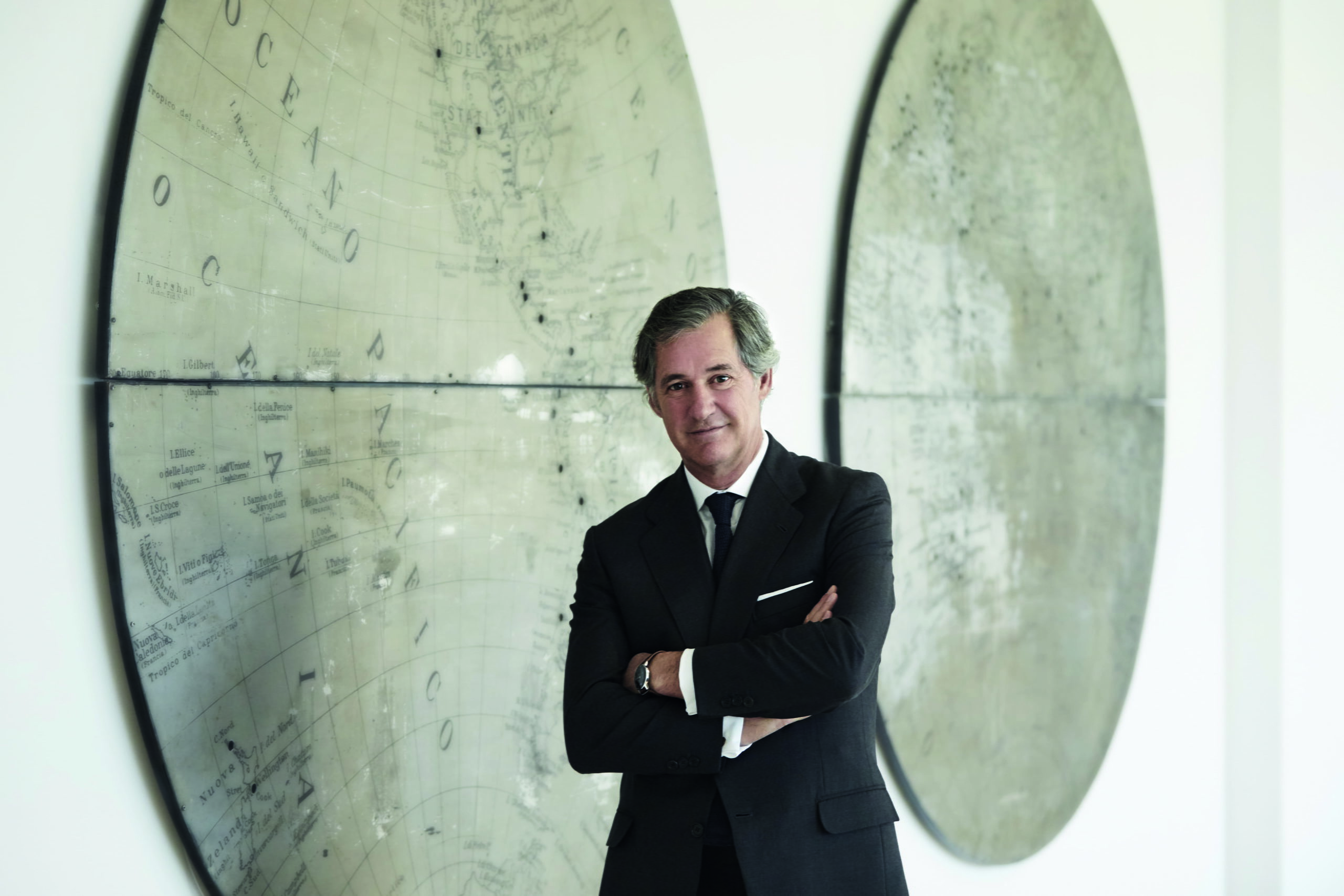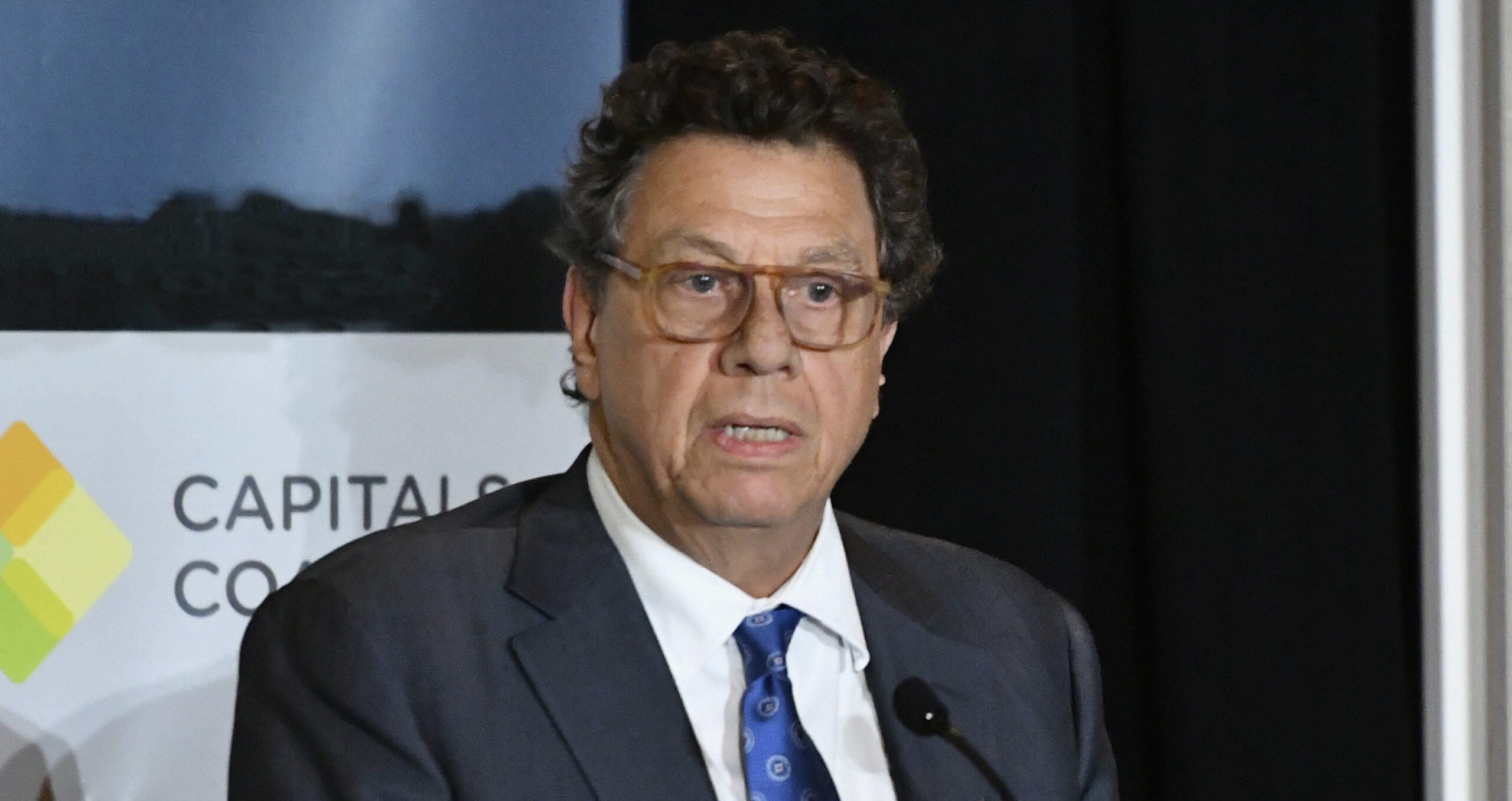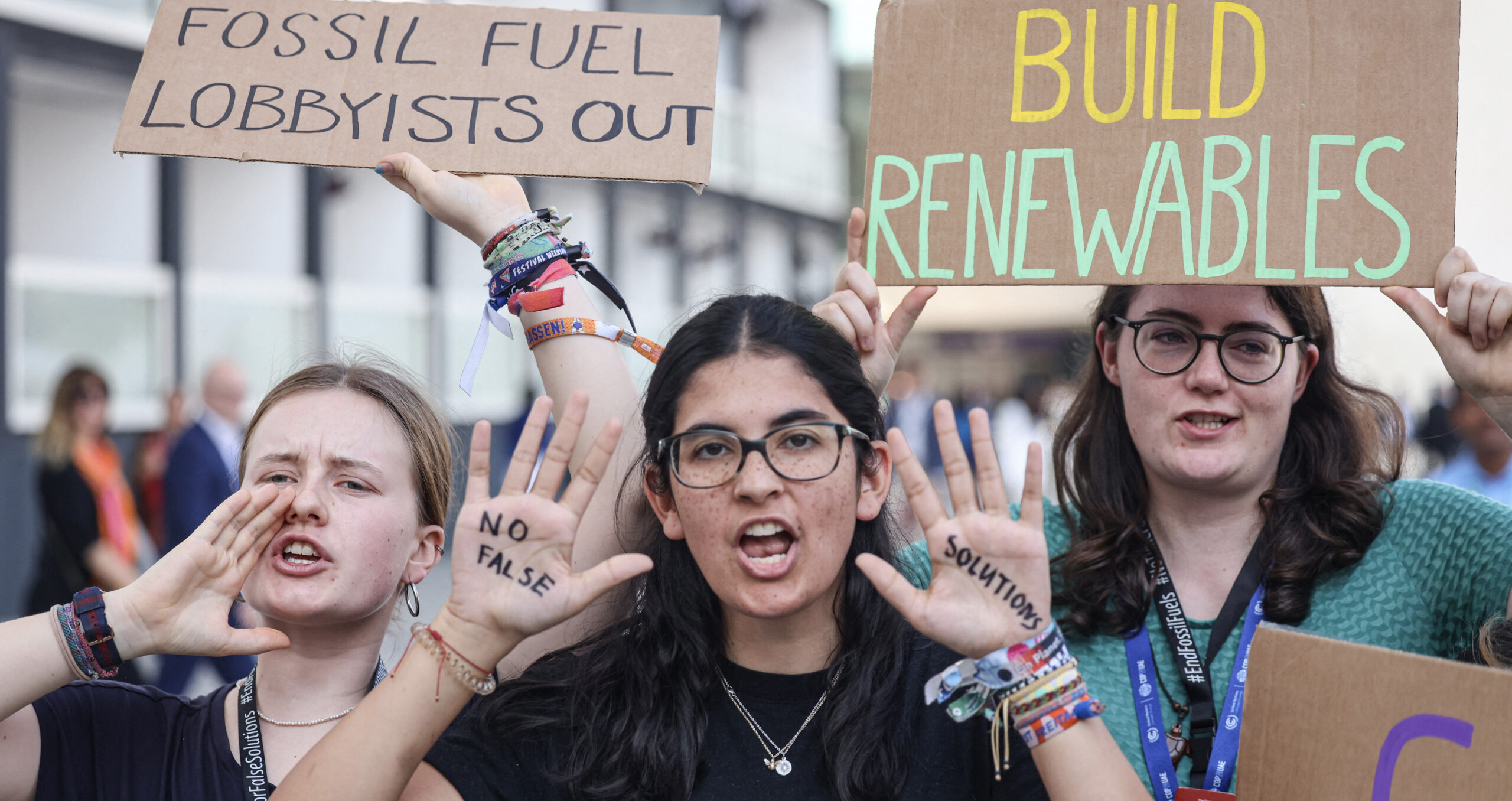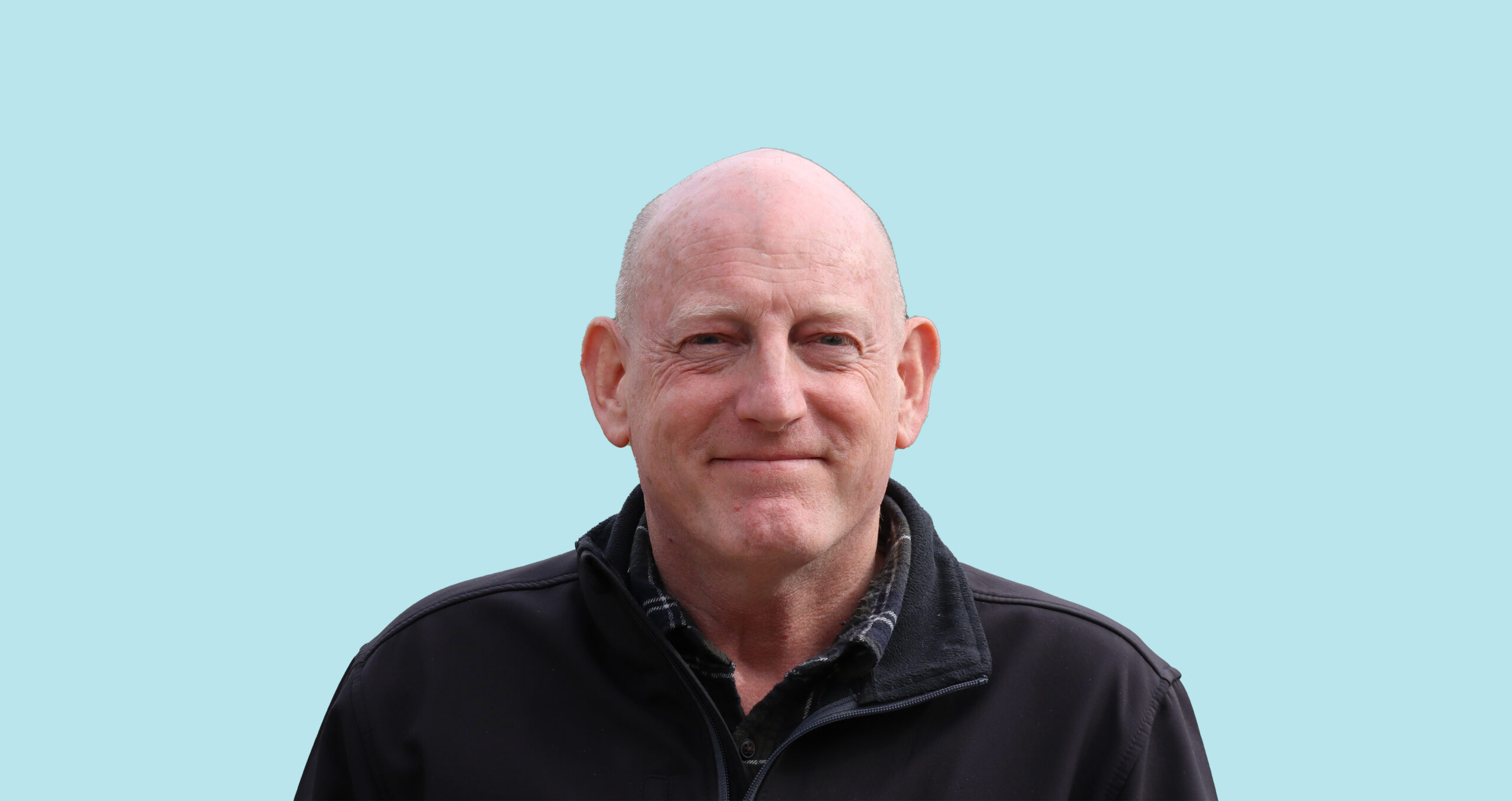
‘We need to invest like there is no tomorrow’

Acciona’s CEO on carbon pricing, green desalination, and the company’s soon-to-be-launched electric vehicles
Talking to Sustainable Views in Glasgow during COP26, José Manuel Entrecanales is not convinced he should be there at all. “I’m not sure whether, now [after 26 UN climate conferences] negotiating specific items needs to happen in a quieter environment,” says the CEO of Spanish conglomerate Acciona.
“It is probably better if ministers met without all of us [business people] around.” From his position, Entrecanales has been looking at addressing climate change for over two decades and has built out the group’s renewable energy business, Acciona Energía, which, following its stock market listing in June, received an overall valuation of about €8.8bn.
Though the final IPO valuation was at the bottom of the pricing range, Entrecanales surely must feel vindicated – when he started out with wind energy in 1993, the conversations he had with investors were very different than the ones the company has today.
In fact, he admits that even finding people to repair the turbines’ blades, near the windfarm in Tarifa, on the Strait of Gibraltar, was a struggle. “We used to have to bring those huge blades down to the beach and have them repaired by the wind surfers because they were the only ones around at that time who used to know how to deal with similar types of fibre.”
Acciona now has 11GW of installed renewable energy capacity and plans to nearly double this by the end of 2025, and to reach 30GW by the following five years. It will continue to focus on wind as well as on solar energy. Headquarted in Madrid, the group has operations spanning across a number of markets, from Australia to Mexico and Canada.
The renewable energy sector has naturally evolved since those Tarifa days but, Entrecanales says, its politicisation has cost everyone a great deal. The entanglement between science and politics was made dangerously clear by the 2008 US vice-presidential candidate Sarah Palin, a vocal climate denier, notes Entrecanales. “That created a huge mess that lasted until [very recently],” he says. “It is frustrating.”
Sustainable Views asked him about green business and policy, about climate change regulation, and about Acciona’s new ventures.
The interview has been edited for clarity and brevity.
Despite criticism, is there a place for business conversations at COP26?
Businesspeople and political figures need to meet but we need to meet separately, away from COP.
Politicians should use the conference to focus on regulation. There are a lot of strong regulatory measures that could be taken about climate, and which are not being taken. The possibility to do so, at a global scale, is greatly underplayed. Like with the Covid lockdowns, which were astonishingly strong measures, people would simply take measures to obey climate rules.
What would those rules look like?
A global agreement on carbon price is one of the most important elements. You can do it through national taxation, border taxes, through an allowance mechanism. You can do it through circular taxation, like in the case of British Columbia in Canada, which has been very successful, where taxes on emissions were invested to green the economy.
But measures need to be taken on a global scale, which is why there is COP. And we need to consider individual countries’ wealth and the required level of sacrifice – we, in the developed world, need to make a bigger sacrifice than anywhere else.
Is the traditional energy industry’s lobbying power still strong enough to explain delays?
I’ve been in this industry for many years and I’ve been fighting the energy incumbents’ lobby for many years. In the electricity sector, that used to be our biggest challenge. It is something that really used to keep us up at night, but that’s no longer the case. In fact, we don’t even think about it anymore.
I assume that’s because they’ve become less powerful or less active – or maybe they lobby in a much more subtle way.
What keeps you up at night now?
In addition to the enormity of the challenge of dealing with climate change, there is the issue of regulatory stability.
When you invest in infrastructure you look at a 30 or 40-year time frame so you need that stability. And governments need it too to attract capital or they risk not having a green transition.
We need investment in this space like there is no tomorrow. We are far from the annual expenditure required to change electricity, transport, urban infrastructure, water infrastructure, all the infrastructure elements that are needed to move to a green economy and deal with the physical consequences of climate change – three quarters of that infrastructure hasn’t been built yet. [Acciona, the group, is working on what it defines “sustainable infrastructure” too.]
Is the EU green taxonomy having an impact?
It is a huge breakthrough. At the moment, it’s mostly about disclosures, but when regulation will mandate what activities are permissible or not – and I think it will happen reasonably soon – or when investors will limit their investments to taxonomy-compliant industries, then I think it will start to have real impact.
What happens is that non-compliant companies, whatever the type of regulation, always manage to attract capital because their valuations end up being cheap. That’s why I don’t think that the implementation of the taxonomy should be solely left to capital.
What is your priority now?
We are looking at new technologies around hydrogen, battery storage and mobility. And there is a passion project that I have been working on for about a decade and that I think is going to be a game-changer: water desalination at zero carbon emissions.
We are one of the world’s leaders in reverse osmosis desalination and in renewable energy – if you put those two together, immagine what it can do for irrigation, being able to bring water to deserts and with no carbon emissions.
We are not far from that point. We can already do this at prices that are fit for high-value agricultural products, like berries, and we are already doing this in Spain.
You also mentioned mobility. Whare are you doing in that space?
We are going to launch the Acciona car, hopefully by June 2022. It is a small car for urban transportation and it has an extractable battery, the size of a carry-on luggage.
You can recharge it at home or at work, using a normal electricity plug. It will fully recharge in six hours. Or you can come to our battery station and swap it for a charged one. We retain ownership of the batteries and will rent them out at a monthly fee of about €15. This way, the price of the car is more affordable than a typical electric car, at about €8000.
The 4.5KW of the portable battery is also more than the installed electricity capacity of most houses, in Spain at least, so it can also be used to provide electricity, for a full day, to houses in rural areas that are off the grid.
Similar Articles

‘No leakage’ structure to strengthen carbon markets, says Costa Rica’s environment minister

Youth on COP28: few women but an ‘overwhelming number of fossil fuel lobbyists’


